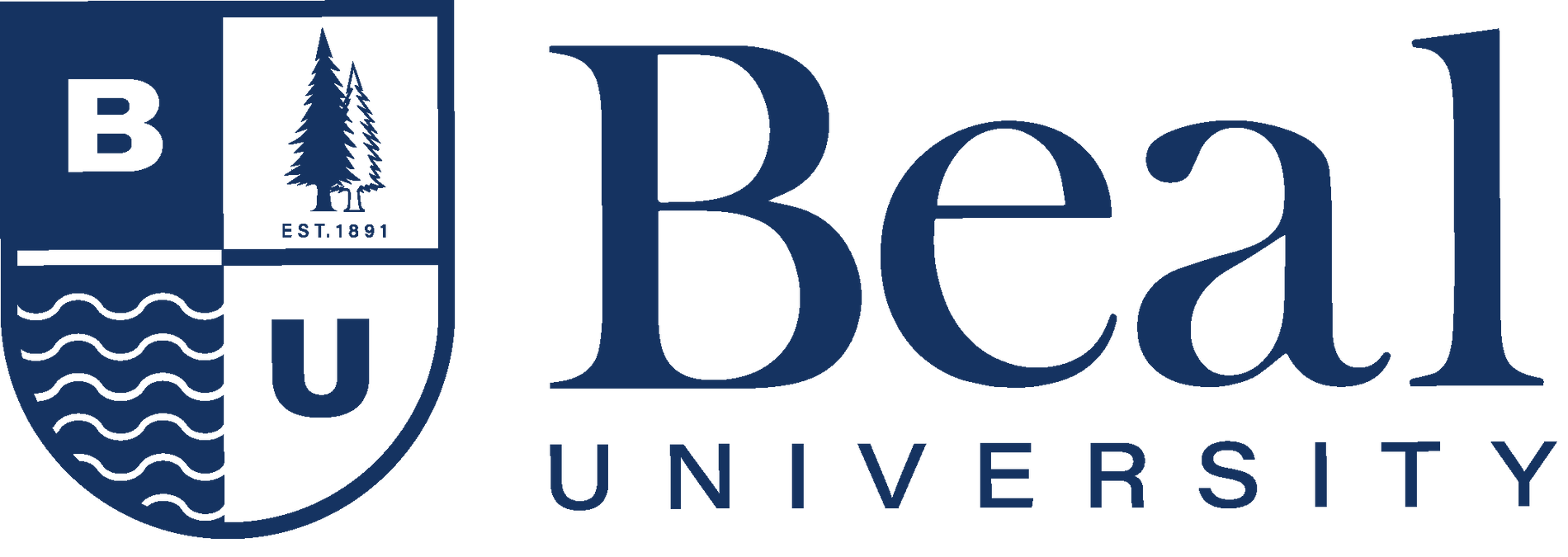
If you’re a Registered Nurse and considering advancing your career, becoming a Family Nurse Practitioner (FNP) could be an excellent choice. FNPs play a vital role in providing primary care services to individuals and families across the lifespan. In this article, we’ll explore the top five reasons why you should consider pursuing a career as a Family Nurse Practitioner.
1. Versatility and Scope of Practice
One of the primary benefits of becoming a Family Nurse Practitioner is the versatility and broad scope of practice it offers. FNPs are trained to provide comprehensive healthcare services to individuals of all ages, from infants to the elderly. They diagnose and treat common illnesses, manage chronic conditions, conduct physical exams, order diagnostic tests, prescribe medications, and provide preventive care services. This diverse scope of practice allows FNPs to make a significant impact on the health and well-being of their patients and communities.
2. Advanced Education and Training
To become a Family Nurse Practitioner, individuals must complete advanced education and training beyond the requirements for registered nurses. FNPs typically hold a Master of Science in Nursing (MSN) or Doctor of Nursing Practice (DNP) degree, along with specialized training in family practice. This advanced education equips FNPs with the knowledge, skills, and clinical expertise necessary to provide high-quality, evidence-based care to their patients.
3. Autonomy and Independence
Family Nurse Practitioners enjoy a high level of autonomy and independence in their practice. While they work collaboratively with other healthcare professionals, including physicians and specialists, FNPs often have the authority to diagnose and treat patients independently, prescribe medications, and order diagnostic tests. This autonomy allows FNPs to take a proactive approach to patient care, making decisions that are in the best interest of their patients and their families.
4. Opportunities for Specialization
Although Family Nurse Practitioners are trained to provide primary care across the lifespan, they also have the opportunity to specialize in specific areas of healthcare. FNPs can pursue certification in areas such as pediatrics, women’s health, geriatrics, acute care, and psychiatric-mental health, among others. This specialization allows FNPs to focus their practice on areas of interest and expertise, providing specialized care to patients with unique healthcare needs.
5. High Demand and Job Growth
The demand for Family Nurse Practitioners continues to grow, driven by factors such as an aging population, healthcare reform, and a shortage of primary care providers. As the healthcare landscape evolves, FNPs are increasingly recognized as essential providers of primary care services, particularly in underserved communities and rural areas. This high demand translates into abundant job opportunities and competitive salaries for Family Nurse Practitioners across the country.
In conclusion, becoming a Family Nurse Practitioner offers a rewarding and fulfilling career path with numerous benefits and opportunities for professional growth. If you’re passionate about providing high-quality healthcare to individuals and families, consider pursuing a career as a Family Nurse Practitioner and making a difference in the lives of others.
Is Beal University Right for You?
If you want to take your nursing career to the next level, Beal University’s 20-month Master of Science in Nursing (Family Nurse Practitioner (MSN-FNP) program) could be an excellent opportunity for you. Classes run year-round, with 8-week terms that allow you to complete the accelerated program in as little as 20 months.
For more information, Fill out the form on this page to receive more information. A friendly Beal University Career Advisor can answer questions, guide you to our virtual tour, and get you helpful financial aid information.
